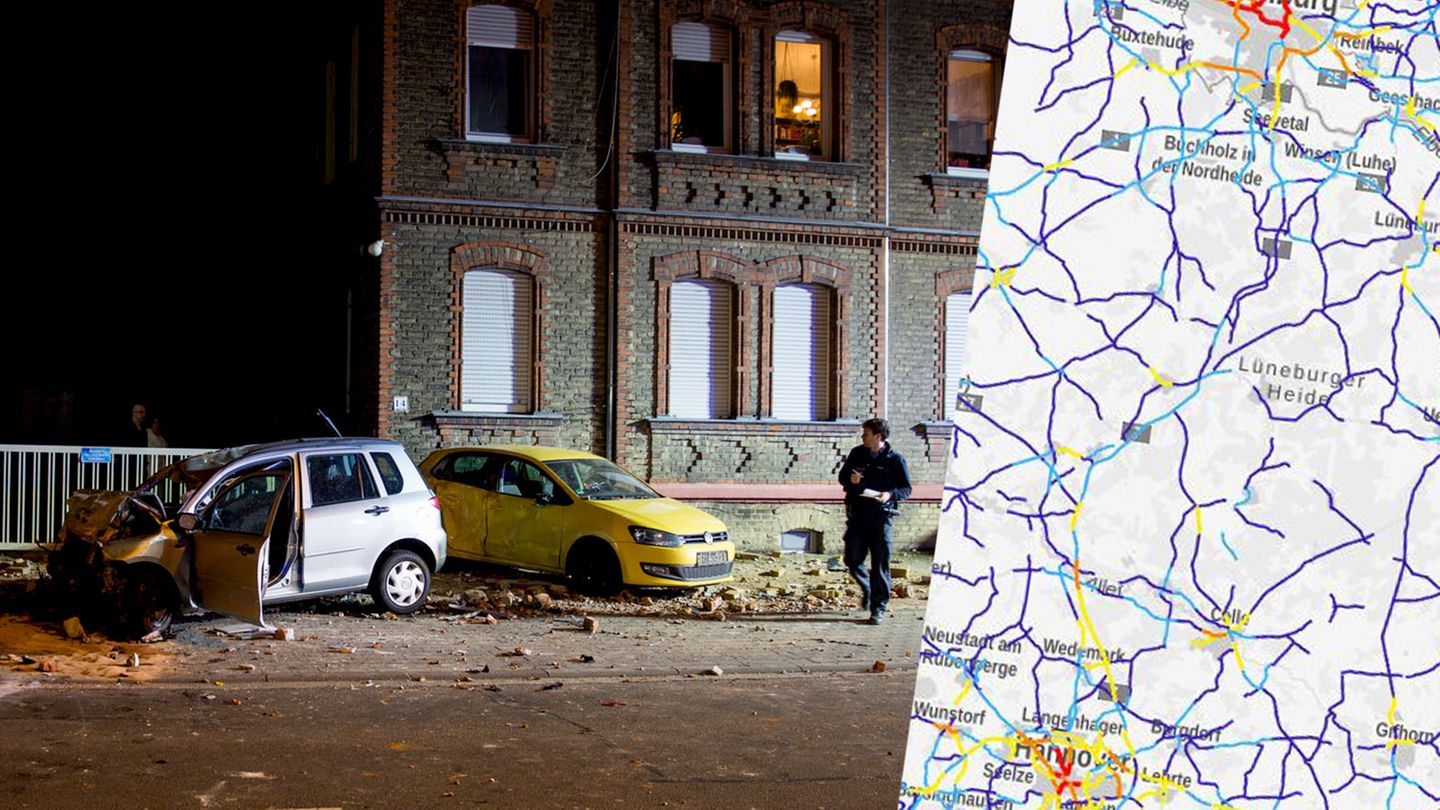income
Industrial disputes in Germany’s municipalities?
Copy the current link
A major round of collective bargaining for municipalities and the federal government begins right after the New Year. Will garbage collectors, educators and bus drivers soon be back on the streets? That also depends on politics.
Citizens in Germany are likely to be confronted with warning strikes in local public services soon in the new year. Collective bargaining for employees in garbage collection, local transport and daycare centers will begin on January 24th. Verdi boss Frank Werneke said in a dpa video interview when asked whether warning strikes were likely as a result of tariff poker: “It cannot be ruled out.”
The third round of negotiations is scheduled for March 14-16. Warning strikes after the second round of negotiations are common in collective bargaining rounds that take place every two years. This time the mood is likely to be particularly tense, as Werneke made clear. And everything also depends on federal political decisions with financial implications for the municipalities.
Werneke attacks employers
Werneke accused federal and local employers of “completely incomprehensible” behavior. Especially in these times of great uncertainty and a shortage of skilled workers in municipalities, employers should not “always come out with something at the very end of collective bargaining.” The unions always demand early offers from employers so that – according to their argument – there is a better basis for negotiations.
Municipal budgets strained
The Verdi chairman believes that local budgets are largely strained. In his opinion, this could put a strain on the negotiations. “This is clearly due to the fact that too many tasks are transferred to the municipalities without there being sufficient financing from the states and, above all, from the federal government,” explained Werneke.
“The municipalities are the place where citizens directly feel and experience the state and democracy,” said Werneke. “And if there are major weaknesses and deficits, in my view that is also a threat to democracy. And that is a very fundamental problem.”
2.5 million employees affected
Around 2.5 million employees are affected by collective bargaining for the federal and local governments – and many more people are affected by possible strikes. Verdi and the civil service association dbb decided on their demands in October. They demand eight percent more income for employees – but at least 350 euros per month. The employer side had promised significantly less.
Federal Interior Minister Nancy Faeser said at the time that the unions’ demands were very high. “It will definitely be long nights again,” said dbb boss Ulrich Silberbach, who was sitting at the negotiating table with Werneke. Both justified the high demands by saying that higher incomes could help against the economic crisis in Germany – by stabilizing domestic demand.
Educators, bus drivers and firefighters affected
The unions negotiate for a number of professional sectors – including women and men who work as educators, bus drivers, pool employees, firefighters, nurses and geriatric nurses, administrative employees, sewage treatment plant employees, foresters or doctors. Of the 2.5 million collectively bargained employees, the majority work in the municipalities. The current collective agreement expires after two years at the end of the year.
Verdi regularly shut down city administrations and swimming pools
The unions went into the most recent negotiations demanding, among other things, an increase in income of 10.5 percent. Ultimately, they agreed with the federal and local governments on tax- and duty-free special payments totaling 3,000 euros, a base amount of 200 euros and then 5.5 percent more. During the negotiations, Verdi regularly paralyzed city administrations, public pools, garbage disposals and hospitals with warning strikes.
dpa
Source: Stern
I have been working in the news industry for over 6 years, first as a reporter and now as an editor. I have covered politics extensively, and my work has appeared in major newspapers and online news outlets around the world. In addition to my writing, I also contribute regularly to 24 Hours World.




